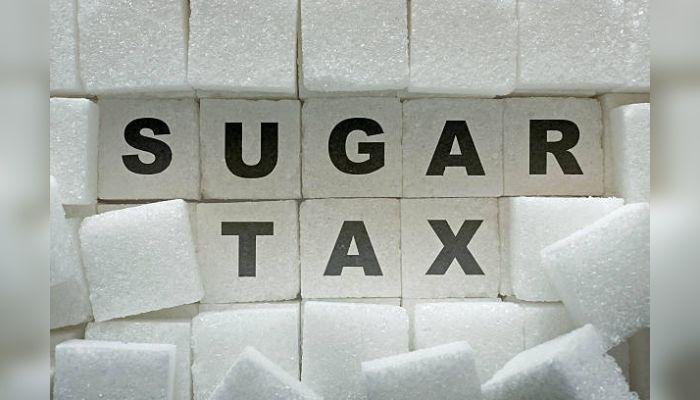When the ₦10-per-litre excise duty on sugary drinks was introduced in 2022, it was hailed as a visionary public health reform. The government said it would tackle diabetes and obesity while generating revenue to support health education, water projects, and clinics.
Before the tax, non-communicable diseases already accounted for about 29 percent of deaths nationwide, with diabetes affecting roughly 4.3 percent of Nigerians. Three years later, the health crisis remains unchanged, and the promised projects are nowhere to be found as stakeholders say the levy has barely reduced sugary drink consumption, and Nigerians now spend an estimated ₦1.92 trillion annually treating non-communicable diseases.
What did change were prices. A 33-centilitre (cl) bottle of soda that sold for about ₦150 in 2022 now costs ₦300 to ₦450, depending on the brand and location. The billions collected in tax revenue quietly disappeared into the national treasury without any trace of public reporting.
According to Professor Godfrey Omojefe, the President of the Chartered Institute of Financial and Investment Analysts of Nigeria (CIFIAN), the country could raise anywhere between ₦27 billion and ₦200 billion annually from the Sugar-Sweetened Beverage (SSB) tax. But the watchdog group Corporate Accountability and Public Participation Africa (CAPPA) warned that Nigeria could be losing an equivalent amount each year due to “poor tracking and weak implementation.”
Meanwhile, health budgets keep growing: ₦1.179 trillion in 2023, ₦1.336 trillion in 2024, and ₦2.48 trillion in 2025, but none of these allocations are tied to sugar tax collections. There is no special account, no project list, and no progress report.
For many Nigerians, this is no longer about soft drinks.
“If leaders cannot keep faith with one small tax, why should citizens trust the next one?” The Foundation for Consumer Freedom Advancement (FCFA) asked in a statement. In a country where economic hardship already runs deep, another round of levies feels less like reform and more like punishment.
Other nations have turned sugar taxes into a real public benefit. In Mexico, part of the soda tax revenue funded clean-water fountains in schools. In South Africa, the proceeds supported public health campaigns, and sugar consumption dropped measurably. The difference is transparency. Citizens could see what their money accomplished.
In Nigeria, by contrast, there are no quarterly reports, dashboards, or visible impact. Only rising prices.
Ogho Okiti, chief executive officer of ThinkBusiness Africa, argues that restoring confidence would require a few straightforward steps: regular public reports detailing collections and expenditures, an independent oversight board including civil-society, health, consumer representatives, and incentive grants for states that demonstrate transparent and effective use of funds.
__________
Abisoye Michael is the Head of Programs at the Foundation for Consumer Freedom Advancement (FCFA), where he advocates for informed choice, open markets, and consumer empowerment across Africa. He is based in Ibadan, Nigeria. Email: abisoyemike@gmail.com













